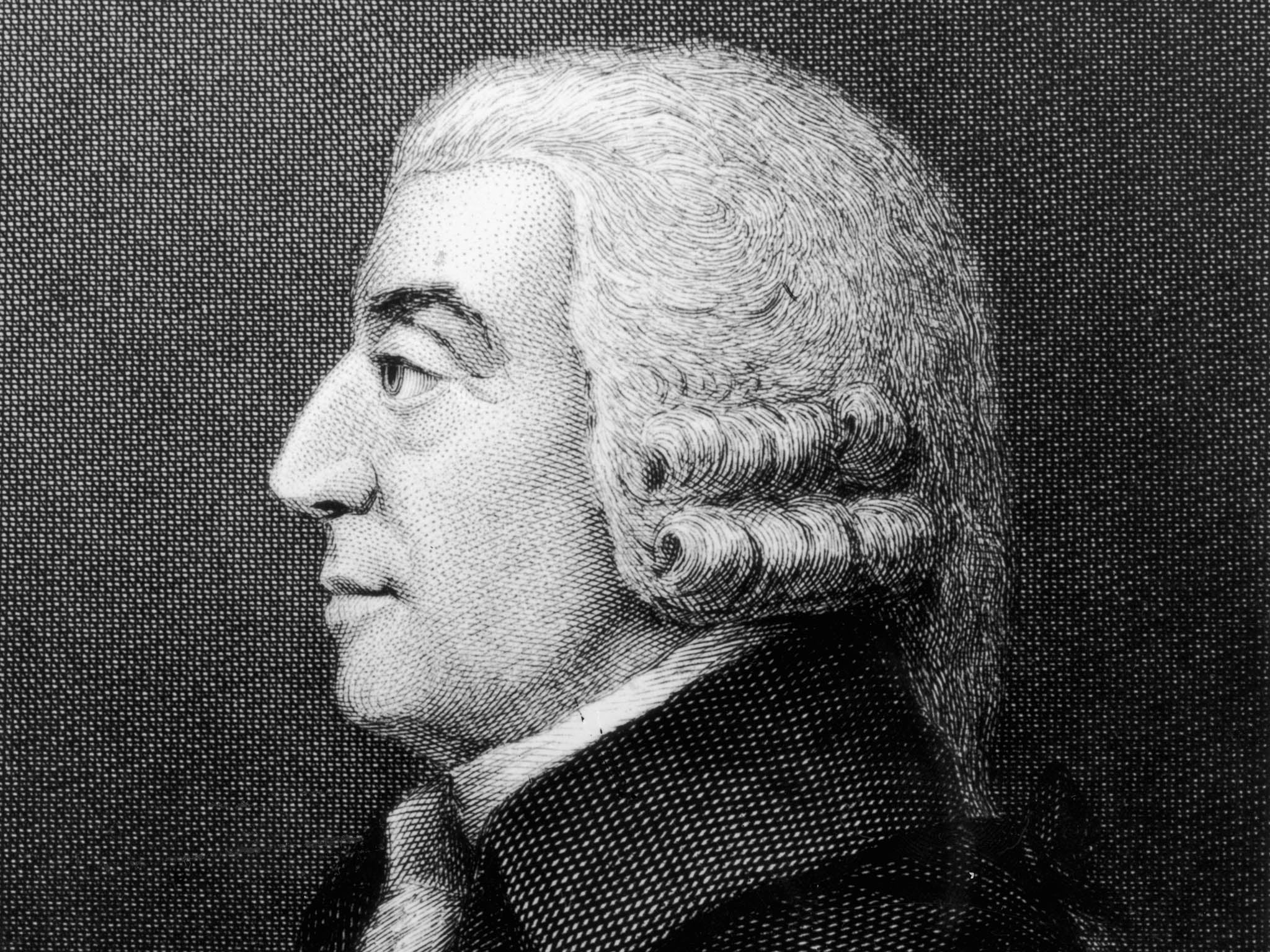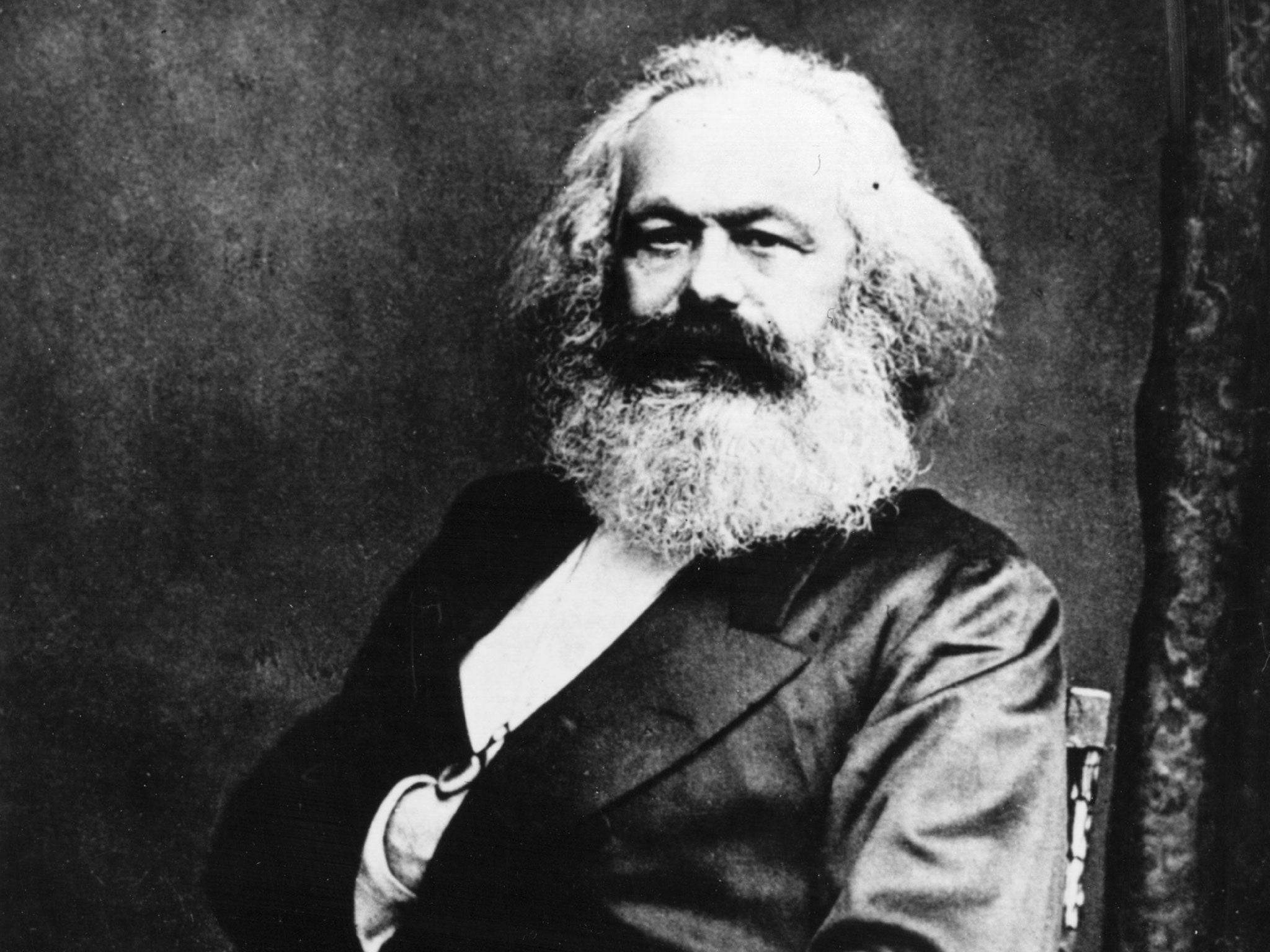Do you know the difference between a Communist and a Socialist?
The terms 'socialist' and 'communist' are often confused, thanks in large part to the Cold War

Your support helps us to tell the story
From reproductive rights to climate change to Big Tech, The Independent is on the ground when the story is developing. Whether it's investigating the financials of Elon Musk's pro-Trump PAC or producing our latest documentary, 'The A Word', which shines a light on the American women fighting for reproductive rights, we know how important it is to parse out the facts from the messaging.
At such a critical moment in US history, we need reporters on the ground. Your donation allows us to keep sending journalists to speak to both sides of the story.
The Independent is trusted by Americans across the entire political spectrum. And unlike many other quality news outlets, we choose not to lock Americans out of our reporting and analysis with paywalls. We believe quality journalism should be available to everyone, paid for by those who can afford it.
Your support makes all the difference.The day after the first Democratic presidential debate, Donald Trump called Bernie Sanders a maniac.
“This socialist-slash-communist,” Trump said to raucous cheers. “I call him a socialist-slash-communist, because that's what he is.”
Well, no. The terms “socialist” and “communist” are often confused, thanks in large part to the Cold War. Layer on top of that the nuance of the term “democratic socialist,” which is how Sanders describes himself, and it's easy to see why people might generally be confused. (Even if they aren't intentionally blurring that line, as it's safe to assume Mr. Trump might have been doing.) As our Dave Weigel and David Farenthold reported this week, voters are not clear on the difference, either.
To offer America a bit of a primer, I reached out to Dr. Lawrence Quill, chairman and professor of political science at San Jose State University, over e-mail. He explained the difference between communism, socialism, capitalism and democratic socialism — in very professorial terms.

Capitalism — or really the concept of “liberalism” — arose in the 17th century, and centers on the right to private property. In Adam Smith's foundational “Wealth of Nations,” Quill notes, “is recognition that capitalism is going to make the lives of a good majority of the population miserable, and that there will be a need for government intervention in society and the economy to offset the worse effects.”
Socialism was in part a response to capitalism, largely through the writings of Karl Marx and Friedrich Engels. Socialism focuses on the inequalities that arise within capitalism through a number of possible responses. Quill outlined some possibilities: “[T]he state might 'wither away' or collapse altogether, in others it would regulate the production of goods and services, in yet others it would become thoroughly democratic” — all with the aim of reducing that inequality.
You can see that's where democratic socialism arises. That philosophy, Quill writes, seeks “democratic control of sectors of society and economy in order to avoid the pitfalls of an unregulated market and — this is most important — the kind of terrible authoritarian government that emerged in the Soviet Union.”
Communism “was the endpoint of Marx's ideas,” Quill writes, though Marx didn't delineate what it would look like, exactly. “We find hints in works like 'The German Ideology” (1846) where there is a description of working life that is unalienated, i.e. creative and various — we hunt in the morning, fish in the afternoon, and become opera critics in the evening.“ During the Cold War, though, the idea came to be inextricably and pejoratively associated with the Soviet Union and with the elimination of private property. The term, in Quill's words, ”served as a shorthand for all things un-American“ — which was the way that Trump used it.

Quill's most important point is that “all of these terms are 'umbrella concepts'; in other words, they are host to a family of related ideas, not all of them compatible with one another.” We tend to use the terms concretely, which necessarily introduces inaccuracies. Or, as Quill put it, “they [can] serve as excuses not to think, as belief systems that discourage explorations of the mismatch between theory and practice and the inconsistencies of any grand theory.”
So that's the college-level curriculum. Next, I scaled it back a bit and talked to Tori Waite, who teaches high school history at Del Mar High School in San Jose. After all, since most of us were first introduced to these ideas in high school, perhaps we just need a refresher.
“When we teach about the different types of economies,” Waite said, “the first thing we do is we talk about economic questions. How is it made? Who makes it? Who gets to buy it? Based on the economy, different people answer those questions.”
Simplifying Quill's explanation: “In a communist country, the government answers those questions. There's no private business. There's no private property. The government decides.”
“In a capitalist society, the people make those decisions. The businesses, the market decides how much products will cost, how many there are, where it will be made.”
“In the socialist system, there's a mix of both. The government operates the system to help all, but there is opportunity for private property and private wealth. That's generally how we talk about it.” Back to Quill's point: A socialist government could control all of the means of production — or it could, for example, use taxes to redistribute resources among the population.
Both Quill and Waite note that the United States is not a purely capitalist society. There are and have long been socialist aspects to how the government makes decisions and applies its power, while still striving to keep the marketplace as free as possible. And, of course, while allowing democratic decisions to guide what it does.
The example of the United States serves as a reminder that these ideas exist on a three-dimensional scale, in which differentiation is often tricky.
Copyright: Washington Post
Join our commenting forum
Join thought-provoking conversations, follow other Independent readers and see their replies
Comments